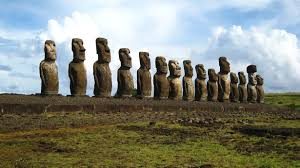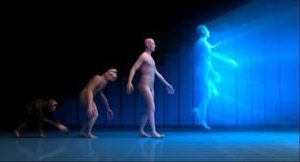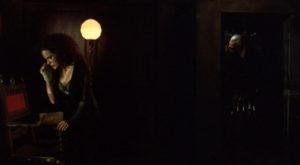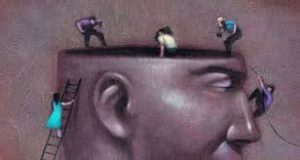The curious mixture of non-predictable and predictable activity operates in a genetic patterning , In which the genetic systems are largely set up to achieve the retention of specific characteristics, and yet can also demonstrate behavior that seems to be genetically unfaithful, distorted, or to introduce alterations that might appear to be travesties upon genetic integrity.
Those odd genetic happenings, however, as I have tried to explain, often provide a resiliency and a widening of probabilities that are most necessary for overall genetic balance. Dream actions can indeed — and often do — affect genetic alterations, acting as triggers for altered cellular action. There is a give-and-take between the seemingly separate mental and physical aspects of our lives at every level of experience, and at every level within nature’s seeming boundaries.
There are decisions in which each individual plays a part that are made in fields of activity that we usually do not even realize exist.
The people of a nation can at any given moment decide to activate or experience a particular event almost entirely in the physical realm, or to separate its elements in such a way that half of it is experienced physically and the other half in dream reality. Transformations of energy occur of course constantly, so that say, a probable physical storm can instead appear as an economic one.
It can appear as an emotional storm on the part of large numbers of people. It can instead appear as a series, say, of frightening dreams. At each point of its existence such an event can weave in and out of such manifestations, largely dissipating itself. An adverse physical situation, such as an illness, may turn into “a frightening dream,” yet in all such cases the necessary standards of self-integrity are maintained.
The same alterations apply of course for fortunate events, which may be experienced through full physical expression, or through a series of manifestations that might also involve social or economic happenings, or the occurrence of splendid weather conditions, — the insertion of excellent, almost perfect summerlike days, or whatever. The predictable and non-predictable serve, then, to form the boundaries of physical experience.
The more open we are to such ideas the greater the flow of our experience can be.
We should never accept as fact a theory that contradicts our own experience. Man’s and woman’s experience includes, for example, all kinds of behavior for which science has no answers. That is well and good. Science cannot be blamed for saying that its methods are not conducive to the study of this or that area of experience — but science should at least be rapped on the knuckles smartly if it automatically rejects such behavior as valid, legitimate or real, or when it attempts to place such events outside of the realm of actuality. Science can justly be reprimanded when it tries to pretend that man’s and woman’s experience is limited to those events that science can explain.
It is instead, or course, quite possible that our predictable world exists not inspite of but because of those surprising, unpredictable, unofficial occurrences. There is a kind of larger spontaneous order of which the seemingly unpredictable elements of our world provide their own clues.
By taking notice of seemingly unpredictable events, by changing our focus, we can indeed begin to sense the larger patterns of such a reality. And that reality leaves many traces in our own experience. It everywhere provides hints and clues as to its own actuality and our own participation in varying fields of expression that have not been given any official recognition.
Within the patterns of human experience, then, lies evidence of man’s and woman’s greater ability: He or she rubs shoulders with his or her own deeper understanding whenever he or she remembers, say, a precognitive dream, and out-of-body — whenever he or she feels the intrusion or infusion of knowledge into his or her mind from other than physical sources. Such a creature could not be the puppet of a genetic engineering accidentally manufactured in a universe that was itself meaningless.
If man and woman paid attention to his or her own subjective behavior, to those feelings of identification with nature that persistently arise, then half of the dictates of both the evolutionists and the creationists would automatically fall away, for they would appear nonsensical. It is not a matter of outlining a whole new series of methods that will allow us to increase our psychic abilities, or to remember our dreams, or to perform out-of-body gymnastics. It is rather a question or a matter of completely altering our approach to life, so that we no longer block our such natural spontaneous activity.
I don’t want to be simplistic here, but for some years I’ve been concerned that those living in large metropolitan centers miss a certain daily, vital participation in the very environment within which by far most of the life forms on earth exist. I’m not sure what percentage of the human population now lives in urban areas, but it must be high, and climbing. Yet beliefs rule all: Evidently, even with all of the challenges that crowding can set up, it just as natural for people to congregate as it is for them to live spread out — perhaps even more so, if facet of their behavior can be said to be “more natural” than another!


































































































